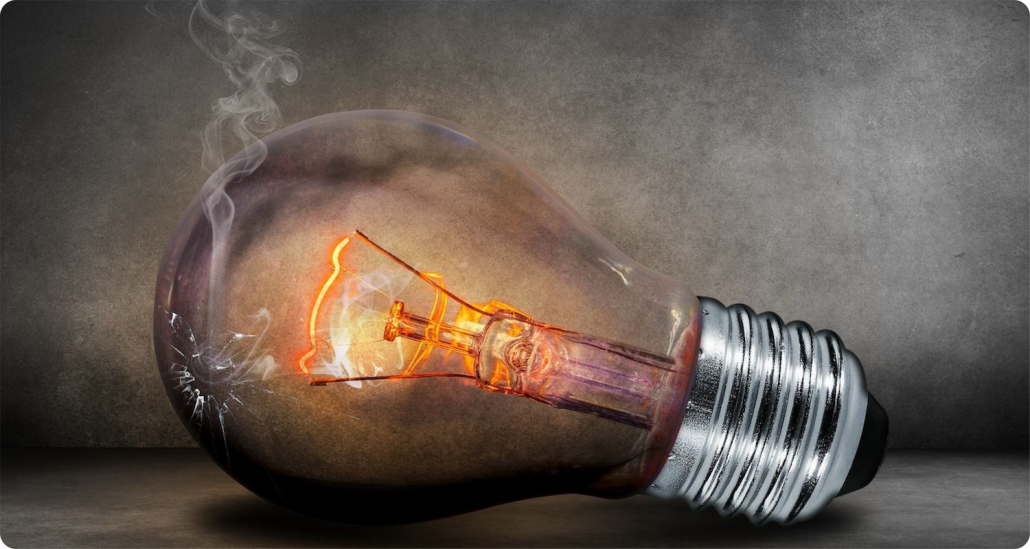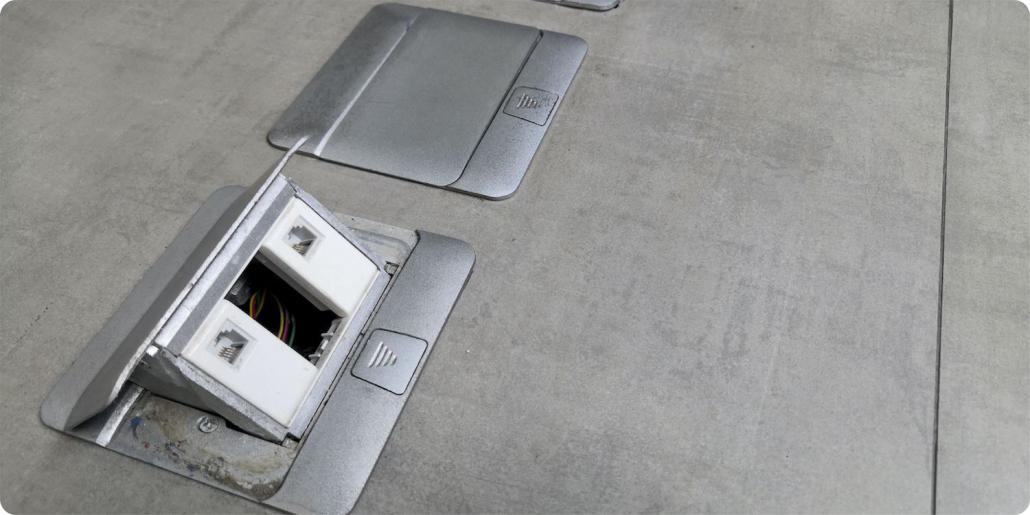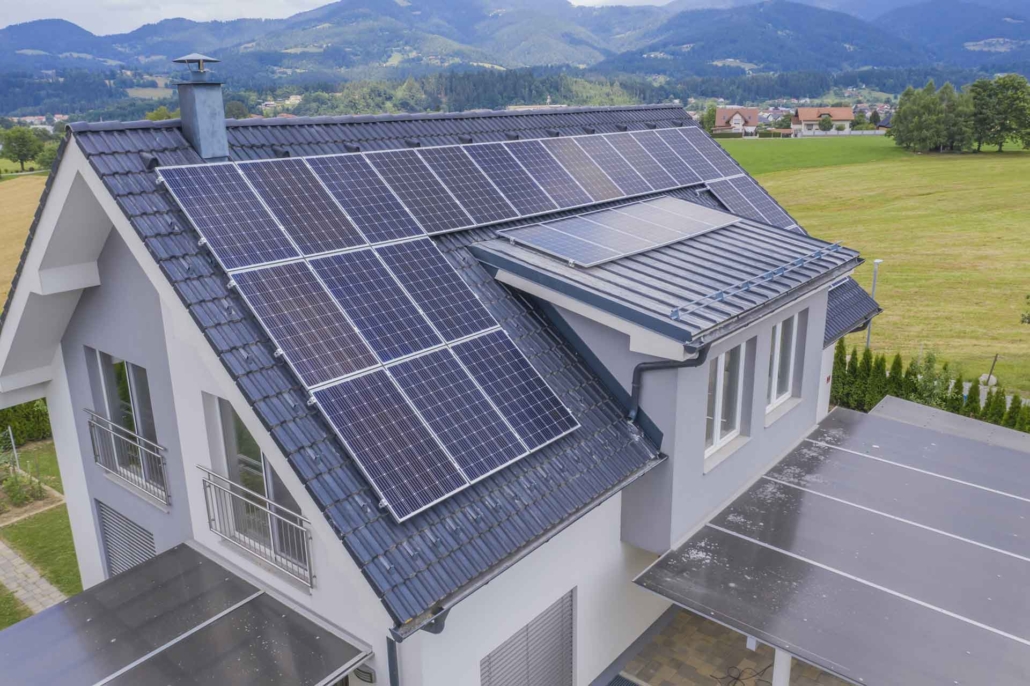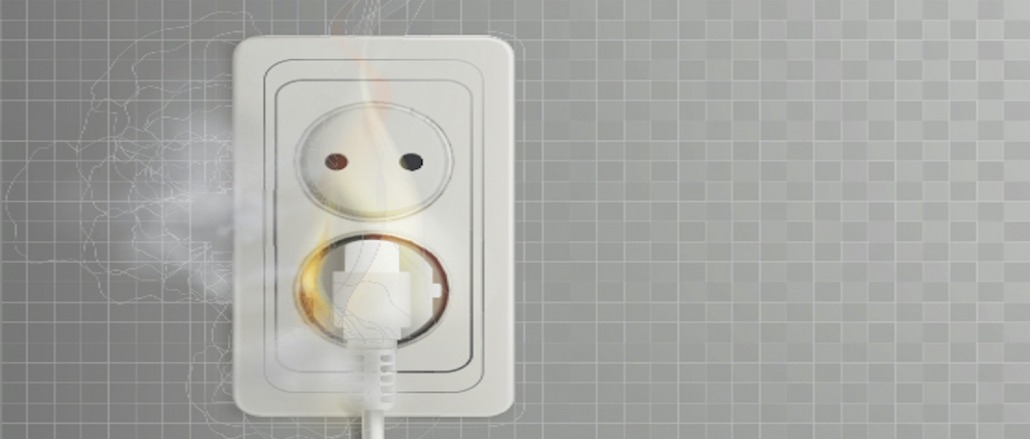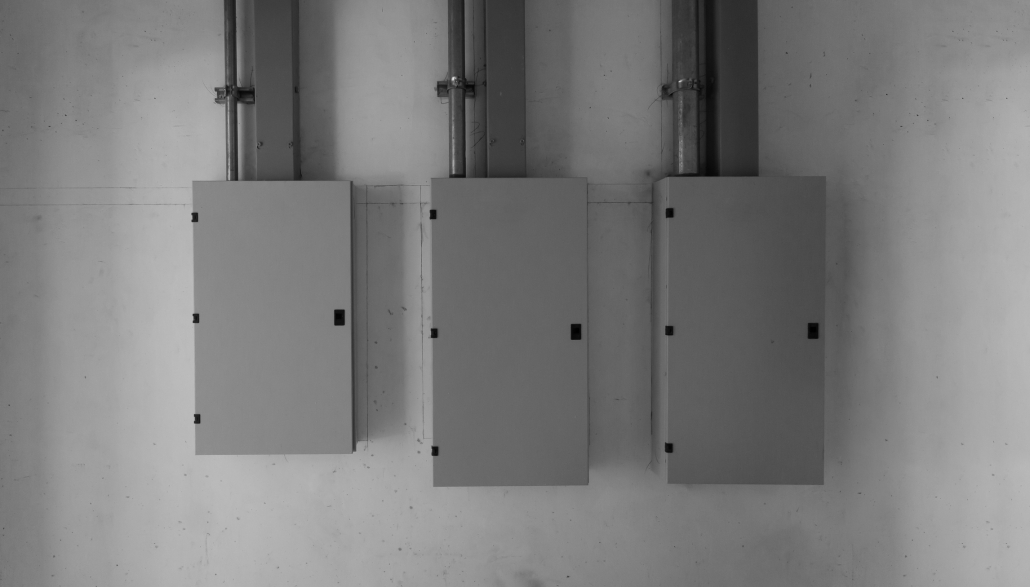October 14, 2020 | Cristina Dinulescu
Electrical work tends to vary in terms of difficulty. It can go from basic to extremely difficult, which is why any DIY-minded homeowner needs to have at least a basic understanding of their house wiring and what electrical work implies.
The local utility company supplies each home with a power meter, through which electricity enters. Then electricity runs through a main circuit breaker, followed by the home’s breaker box, which you might also know as the fuse box in very old homes.
From here, electricity enters numerous circuits, reaching all the corners of your home, passing through individual circuit breakers, which function as safety measures, protecting the system from overloading. The entire home electrical system is generally created to work off 120 volts, except certain appliances of large sizes, which work off 240 volts.
An important part of your house electrical wiring is grounding. To understand just how important ground is to a home wiring system, one needs to have a basic understanding of the nature of electrical energy flow.
House Wiring Basics
Your home’s wiring system is powered by electrical current, made up of a flow of electrons within metal circuit wires. The current takes two forms, positive and negative charge. The utility company, using huge generators, operates charged electrical fields, sometimes from miles away. The flow of electrical current is this polarized charge, travelling to your home through a complex network of high-tension service wires, transformers, and substations.
Hot current is the negative half of the charge and in house wiring systems, and it’s normally carried by black wires. The positive charge is carried by the white neutral wires. Both these wire types run through your electrical service panel, side-by-side through every circuit in your residence.
Essentially, electricity focuses on returning its electrons to the ground. The negative energy needs to be discharged and balance restored. This is done through the neutral wires in the electrical system. However, sometimes, pathways are broken and hot current tends to go through other materials, including flammable ones. This is when short circuits happen – when electricity finds a shorter route to the ground.
Grounded House Wiring
In residential wiring systems, the grounding system functions as a “backup” route, offering the electrical current an alternative pathway to follow in case wiring problems appear. The grounding system is a system of bare copper wires, connected to every metal electrical box and device in your home, running parallel to the hot and neutral wires. If any issue arises, the stray current is channelled back to ground through the different route, created by this system.
The bare copper wires discharge in a grounding bar in your main service panel, connected to a grounding deep into the earth. Through this system, electricity is provided with a path of least resistance to follow in case a problem appears in your wiring system.
To check whether or not your house wiring has a grounding system, you need to look at each outlet receptacle. A third, round slot in the receptacle is the grounding connection. Of course, not all home wiring systems have such an elaborate grounding system. For instance older homes, specifically those before 1965, use metal conduit or metal cables instead of bare copper wires. The knob-and-tube wiring is such an example. In this case, there is no grounding at all. Houses built before late 80s did not have ground wiring most of the time. Outlets without grounding have two slots instead of three and it’s a good idea to update them.
House Wiring Protection
To completely understand your house wiring system, as well as the importance of grounding and other factors that impact any kind of electrical work, it’s important to identify the protection devices that are integral parts of your electrical system.
- Circuit fuses or breakers: These represent protection for each circuit, against overheating in case of an electrical overload. They can sense short circuits, reacting immediately by instantly stopping the flow of current. In case of a ground fault situation or a short circuit, an immediate reduction in resistance causes an uncontrollable amount of current to circulate and the circuit breaker will trip. Metal plumbing pipes located in your home are also connected to the grounding system through a grounding wire clamped to the metal wire pipe. In case electricity comes into contact with the metal pipes, the grounding system offers additional protection.
- Appliance Grounding: Many plug-in appliances have a grounding system of their own. Vacuum cleaners, power tools and several other appliances are safer when having a third prong on the cord plug, an indicator that the appliance has its own grounding system. This is shaped to fit the grounding slot on an outlet. Unfortunately, there have been many cases where the grounding prong was cut off so the appliance could fit in an outlet without grounding. This is a dangerous practice, which could lead to shock, so avoid doing it at all costs.
- Plug Adapters: The plug adapters which allow three-prong plugs to be used into two-slot outlet receptacles are rather popular. However, know that these offer grounding protection only if the adapter’s metal loop is adequately attached to the mounting screw on the outlet cover plate, which is then connected to a metal box and that metal box is grounded. Since this is no sure thing, you might want to plug three-prong plugs only in grounded three-slot receptacles. When a grounded outlet is not an option, you could consider installing a GFCI receptacle. This will sense ground faults and cut the power off before further problems appear. However, GFCI does not create a grounding pathway. It only offers additional protection.
The right electrical upgrade can dramatically improve the value and appearance of any home or business. You’ll be amazed at what a difference the right electrical upgrade can make for your home or business. Make sure that when you select an electrical company to do the enhancement of your home and you have decided to take your enhancement to the level where you require an electrical upgrade that the technician at the company has a good working knowledge and the experience to properly guide you in this area.
When you decide to upgrade, our well-trained and certified electricians have all the experience and training needed to complete your electrical panel upgrade project from start to finish, with a minimum of fuss or disturbance. Please contact us right away at 310-800-2401




